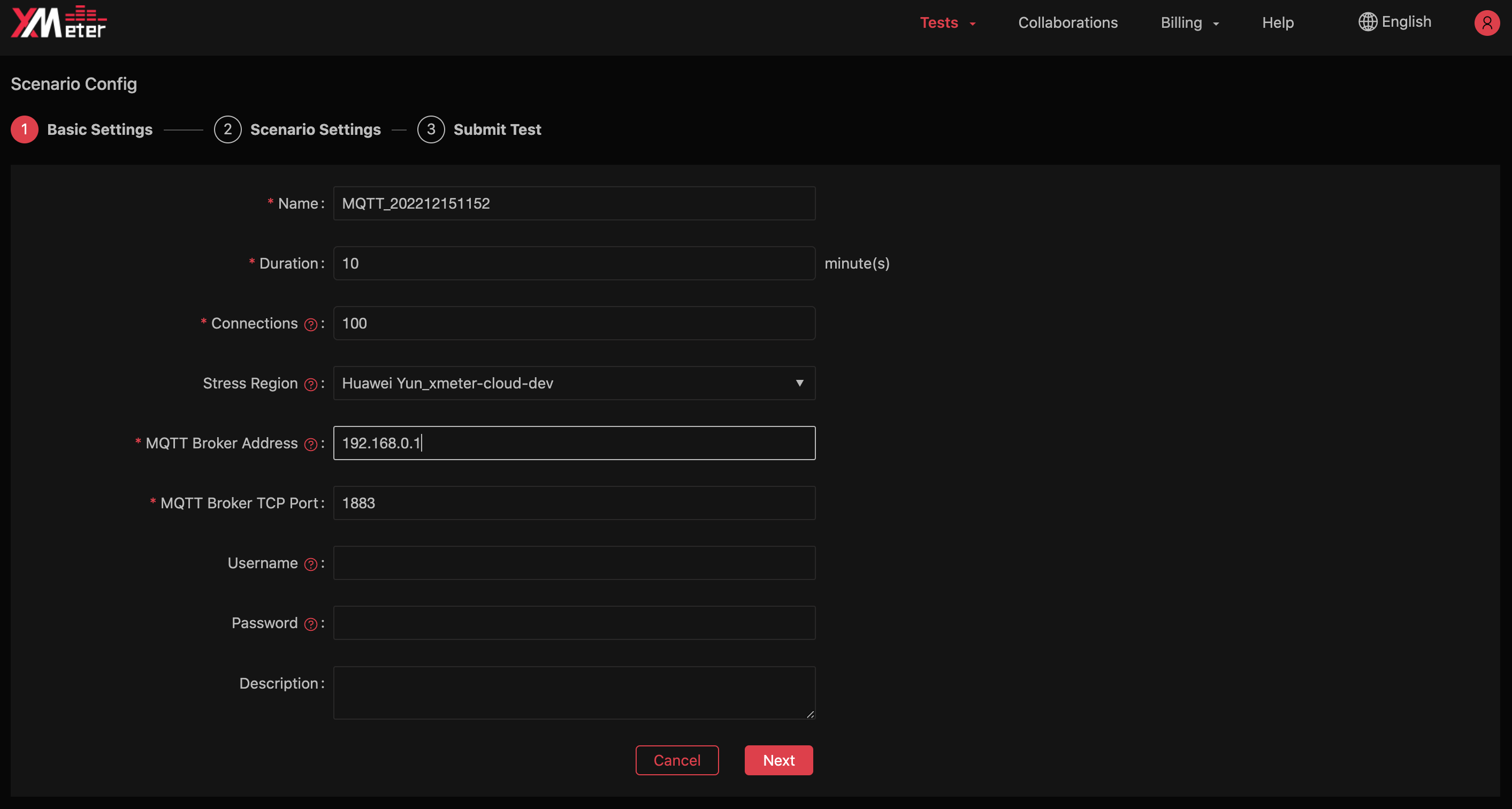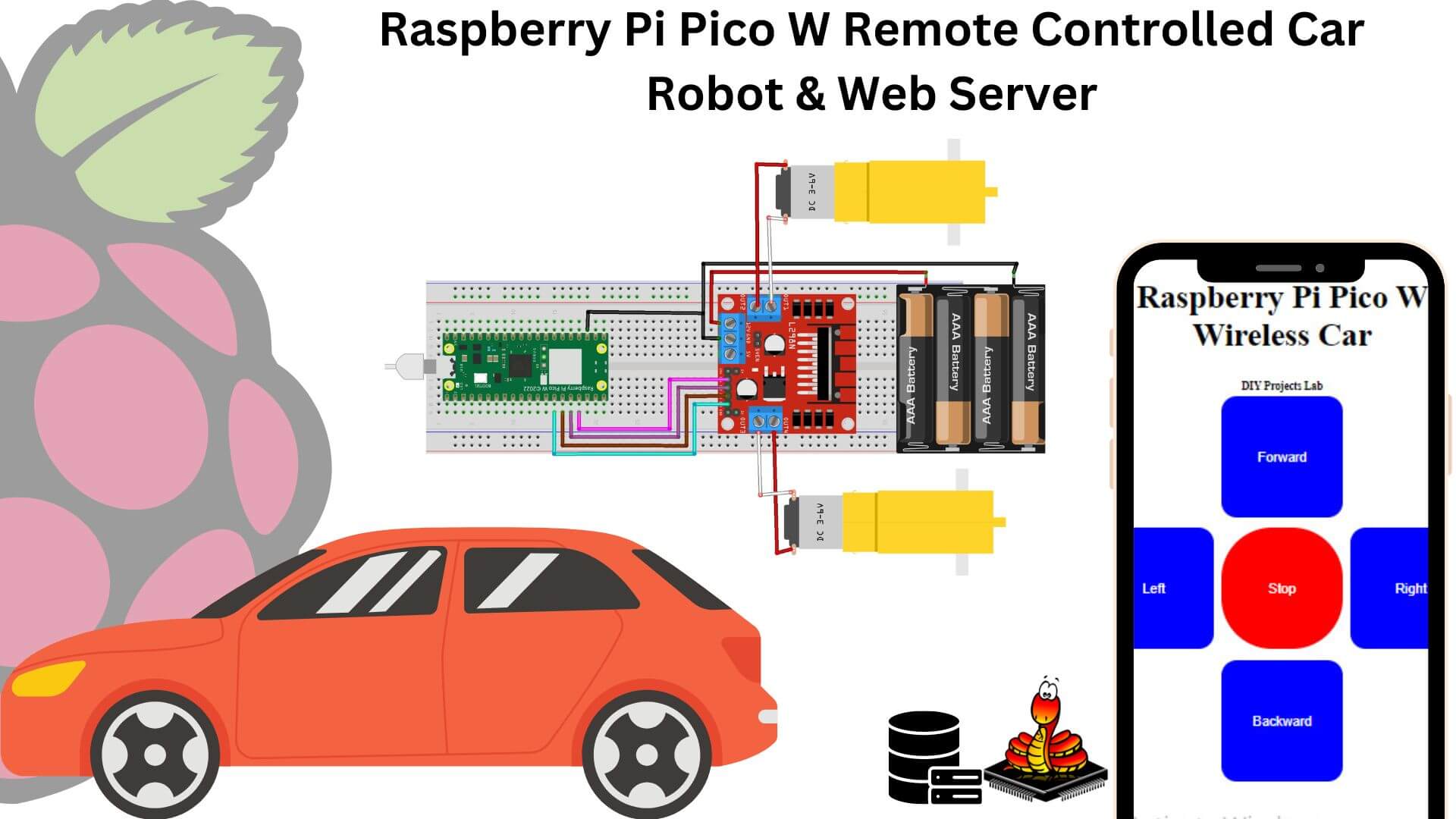Keeping your connected devices safe and sound is a big deal, particularly with so many things now talking to each other online. That's where remoteiot vpc comes in, offering a way to keep your IoT gadgets isolated and protected. This review will help you get a clear picture of what this system brings to the table, and how it might help you manage your own smart setups.
Whether you’re a tech enthusiast eager to experiment with smart home automation or a business owner looking to optimize operations, having a secure foundation is pretty important. This guide dives deep into the intricacies of remote iot vpc ssh raspberry pi setups, offering a thorough review of their capabilities, benefits, and challenges. You know, it's about making sure your devices are safe.
We’ll cover everything from setup to the day-to-day use of remoteiot vpc. This review delves deep into the features, advantages, and potential limitations of remoteiot vpc, helping you make an informed decision. As more organizations transition to using connected devices, understanding how to keep them secure becomes, well, very important, actually.
Table of Contents
- What is RemoteIoT VPC?
- Why RemoteIoT VPC Matters for IoT Security
- Setting Up RemoteIoT VPC with Raspberry Pi
- Advantages of RemoteIoT VPC
- Potential Limitations and Things to Consider
- Real-World Use Cases
- Comparing RemoteIoT VPC Options
- Frequently Asked Questions
- Final Thoughts on RemoteIoT VPC
What is RemoteIoT VPC?
So, you might be wondering, what exactly is a Virtual Private Cloud, or VPC, when we talk about IoT? Think of it as a dedicated, isolated section of a public cloud, just for your devices. It's like having your own private room in a big hotel, where only you and your invited guests can go, and that, is that, pretty much.
This setup allows users to create isolated, secure environments for their IoT gadgets. It means your smart thermostat, your security cameras, or your industrial sensors can communicate without being exposed to the wider internet in a direct way. It's a way to keep things separate and tidy, you know.
In essence, a remoteiot vpc creates a kind of digital fence around your connected things. This fence helps protect them from unwanted access or digital snooping. It's a foundational piece for anyone serious about keeping their IoT operations safe, or so it seems, anyway.
- Is Pam Bondi Married To Greg Henderson
- 5movierulz Telugu 2024
- Wentworth Miller Net Worth
- Credit One Customer Service Chat
- Ian Miles Cheong
Why RemoteIoT VPC Matters for IoT Security
Security is a big concern for anything connected to the internet, and IoT devices are no different. They can be, you know, a bit vulnerable if not set up carefully. A remoteiot vpc helps by putting a layer of protection around them, making it harder for bad actors to get in.
This separation helps stop potential problems from spreading. If one device somehow gets compromised, the issue is more likely to stay within its isolated VPC. It's like having firewalls between different parts of your house, so a small fire doesn't, well, burn down the whole thing, basically.
For businesses, this level of security is, frankly, very important. It helps protect sensitive data and ensures that operations keep running smoothly without interruptions caused by security breaches. This setup is instrumental for keeping things safe, as a matter of fact, particularly as more organizations transition to digital systems.
Setting Up RemoteIoT VPC with Raspberry Pi
This review dives deep into everything you need to know about setting up and managing a remote iot vpc ssh raspberry pi system. Whether you're a seasoned pro or just starting out, getting a Raspberry Pi connected securely is a pretty cool project. It's actually not as hard as it sounds, you know.
The process usually involves configuring network settings on your Raspberry Pi to connect to the VPC. You'll often use SSH, which is a secure way to access the Pi remotely. This allows you to control and monitor your device without physically being there, which is really handy, in a way.
There are steps involved, like setting up the VPC itself within a cloud provider, then configuring your Raspberry Pi to join that private space. It takes a little bit of work, but the payoff in terms of security and control is, honestly, quite good. You'll find guides that walk you through each part, step by step, so it's not like you're left to figure it all out yourself.
Advantages of RemoteIoT VPC
One of the biggest advantages of using a remoteiot vpc is the improved security it offers. By isolating your IoT devices, you create a much smaller target for potential attacks. It's like having a private conversation in a quiet room rather than shouting across a busy street, you know.
Another benefit is the control you get over your network environment. You can define specific rules for how your devices communicate, both with each other and with the outside world. This level of fine-tuning helps ensure that only authorized traffic gets through, which is pretty neat, actually.
For those looking to expand their IoT projects, a VPC offers good scalability. You can add more devices to your isolated network without compromising the security of your existing ones. It's a flexible way to grow your setup, whether you're adding a few more smart lights or hundreds of sensors, or so it seems, at the end of the day.
Potential Limitations and Things to Consider
While remoteiot vpc offers great benefits, there are a few things to keep in mind. One is the initial setup complexity. For someone new to cloud networking, setting up a VPC can seem, well, a little bit involved at first. It takes some learning, just like anything new, you know.
There's also the matter of cost. While many cloud providers offer free tiers, running a VPC and the associated services usually comes with a price tag. This can add up, especially if you have many devices or high data usage. It's something to budget for, obviously.
Finally, managing a VPC requires some technical knowledge. You'll need to understand network configurations, security groups, and routing tables. It's not something you can just set and forget, necessarily. Regular checks and updates are often needed to keep things running smoothly, and stuff.
Real-World Use Cases
RemoteIoT VPC can be really useful in a bunch of different situations. For example, if you're a smart home enthusiast, you could use it to keep all your smart devices like cameras, door locks, and lighting systems on their own secure network. This helps protect your home from outside threats, which is pretty comforting, honestly.
Small business owners can also get a lot out of this. Imagine having a coffee shop with smart inventory sensors, a connected POS system, and security cameras. Putting all these on a remoteiot vpc means their data stays private and their operations are less likely to be messed with. It gives you a sense of security, you know.
Even for remote monitoring in agriculture or environmental sensing, a VPC can be a big help. Devices collecting weather data or soil moisture readings can send their information securely back to a central point. This keeps the data safe and makes sure it's reliable, which is, like, really important for those kinds of projects.
Comparing RemoteIoT VPC Options
When you look at remoteiot vpc options, you'll find that different cloud providers offer their own versions. They all aim to give you that isolated network space, but they might have different ways of doing it or different features. It's worth looking into what each one provides, you know, to see what fits best.
Some providers might offer more simplified setup wizards, which could be nice for beginners. Others might have more advanced networking features for complex setups. The pricing structures also vary quite a bit, so that's something to compare closely. You want something that works for your budget, obviously.
Ultimately, the best remoteiot vpc choice often comes down to your specific needs, your existing cloud setup if you have one, and your comfort level with different interfaces. There isn't a single "best" option for everyone, so it's a bit of a personal choice, you know, like picking out a new phone or something.
Frequently Asked Questions
What is a VPC for IoT?
A VPC for IoT is a private, isolated section within a public cloud where your internet-connected devices can operate securely. It's like having your own dedicated network space just for your smart gadgets, keeping them separate from the general internet traffic. This helps protect them from unauthorized access, as a matter of fact.
How does remoteiot vpc improve security?
RemoteIoT VPC improves security by creating a walled-off area for your devices. This isolation means that even if a part of the public cloud is affected, your devices remain protected within their private network. It also allows you to set very specific rules about who and what can communicate with your devices, which is pretty good for security, you know.
Can I use remoteiot vpc with a Raspberry Pi?
Yes, absolutely! Many people use remoteiot vpc with Raspberry Pi devices. The Pi can be configured to connect to your VPC using secure methods like SSH. This makes it a popular choice for home automation projects, remote monitoring, and other IoT applications where a small, powerful, and securely connected computer is needed. It's a very common setup, actually.
Final Thoughts on RemoteIoT VPC
Looking at the remoteiot vpc, it's clear that it offers a really good way to secure your connected devices. For anyone with smart home gadgets or a business relying on IoT, this kind of setup provides a lot of peace of mind. It’s about creating a safe digital space for your technology to do its thing, you know.
The ability to create isolated, secure environments for your IoT devices is a big plus. It means you can experiment with new smart solutions or expand your business operations without constantly worrying about data breaches or unwanted access. It's a solid foundation for your digital future, pretty much.
Whether you're just starting to explore IoT or you're looking to make your existing setup safer, considering a remoteiot vpc is a smart move. It helps ensure your devices are protected and your data stays private. You can learn more about Virtual Private Clouds from major cloud providers to see how they work, and similarly to that, you can learn more about secure IoT practices on our site, and also find helpful guides on Raspberry Pi IoT projects right here.
Related Resources:



Detail Author:
- Name : Deja Langosh
- Username : damion88
- Email : nathanial06@boyle.com
- Birthdate : 1972-12-24
- Address : 91959 Velma Fort Lake Tara, OR 10725
- Phone : +1 (956) 805-0848
- Company : Schumm Inc
- Job : Crossing Guard
- Bio : Fugiat autem qui qui rerum sit ad molestias. Qui ipsum error vel est. Quisquam et nihil dolore. Iure sit quos unde est necessitatibus quia.
Socials
facebook:
- url : https://facebook.com/wava_dev
- username : wava_dev
- bio : Harum deleniti maiores aut. Est soluta asperiores dolor.
- followers : 2707
- following : 823
twitter:
- url : https://twitter.com/wava_parker
- username : wava_parker
- bio : Soluta quia ducimus beatae repellat. Et eaque modi deleniti expedita.
- followers : 3758
- following : 2968
tiktok:
- url : https://tiktok.com/@parkerw
- username : parkerw
- bio : Sed quibusdam perspiciatis tempora nemo velit voluptas impedit.
- followers : 4698
- following : 2389
instagram:
- url : https://instagram.com/wava_official
- username : wava_official
- bio : Quo consequatur consectetur eveniet praesentium. Dolores qui consequuntur nostrum voluptatem nisi.
- followers : 4116
- following : 2035